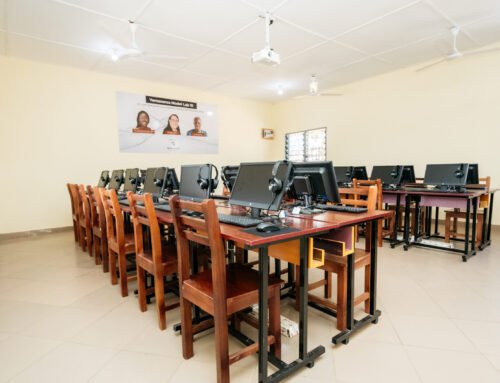
The New Common Core Programme (CCP)
The new Common Core Programme (CCP) Curriculum for Junior High School (Basic 7 to Basic 9) and Senior High School (Basic 10) is the second phase of pre-tertiary curriculum review which started in 2017, with KG and Primary years programme currently being implemented by the Ghana Education Service since 2019.
It is a continuation of the KG-Primary 6 curriculum introduced in September 2019, the CCP curriculum is a carefully designed programme of nine subjects for learners in Basic 7 to Basic 10 (JHS 1 – SHS 1) as part of learning experiences to prepare the for post-secondary education or the world of work or both.
Some of the subjects that make up the Common Core Programme include Religious and Moral Education, Creative Arts and Design, Social Studies, Sciences, Computing, Career Technology, Physical and Health Education.
Things To Note About The Common Core Programme (CCP)
- The Common Core Programme (CCP) is a 4-yr programme comprising 9 subjects which are; Maths, Languages, Sciences (embodying both the Natural and Applied Sciences), RME, Physical and Health Education, Career Technology, Social Studies, Computing, Creative Arts, and Design.
- The CCP is a standard-based curriculum that seeks to develop the 6 key competencies of learning such as critical thinking and problem solving in learners.
- The CCP will take off in September, 2020.
- NSAT will be conducted in JHS 2 to generate data for improvement at all levels of management and implementation. (NB: NSAT is an assessment, NOT an examination).
- Placement exams into SHS will be conducted at the end of JHS 3; however, the mode and format is likely to change to reflect the CCP demands.
- Before SHS 2, students take Common Core Exams to guide them in choosing a combination of courses for High School Diploma Programmes (HSDP) or Career-related programmes (CRP).
- From SHS 2 – 3, students decide either to pursue a career-related programme or an academic one, or both.
- Project work, community service and engagements will be integrated as part of a comprehensive learner assessment that emphasizes DOING.
The Curriculum is designed around building character and nurturing values, in addition to ensuring a seamless progression for all learners from JHS to SHS and creating clear pathways for academic and career-related programmes from Basic 11 (SHS 2) to Basic 12 (SHS 3).
It also seeks to address the shortfalls in the current school system in relation to learning and assessment and promote better High School education that meets the varied learning needs of the young people in Ghana.








